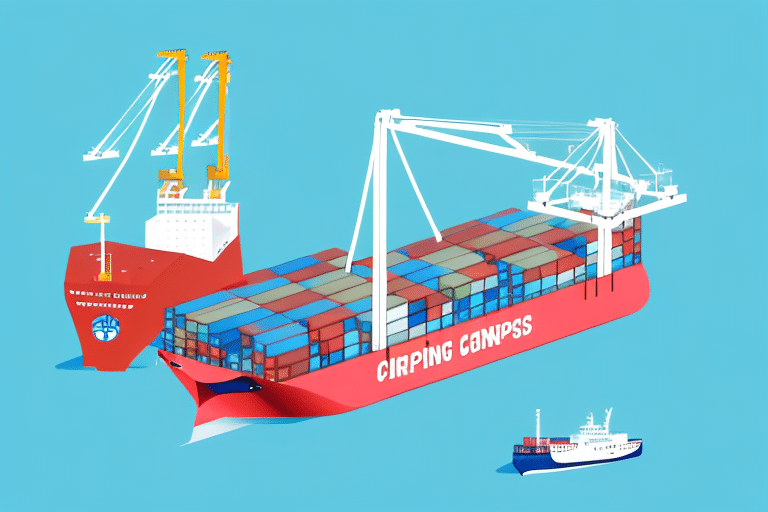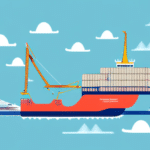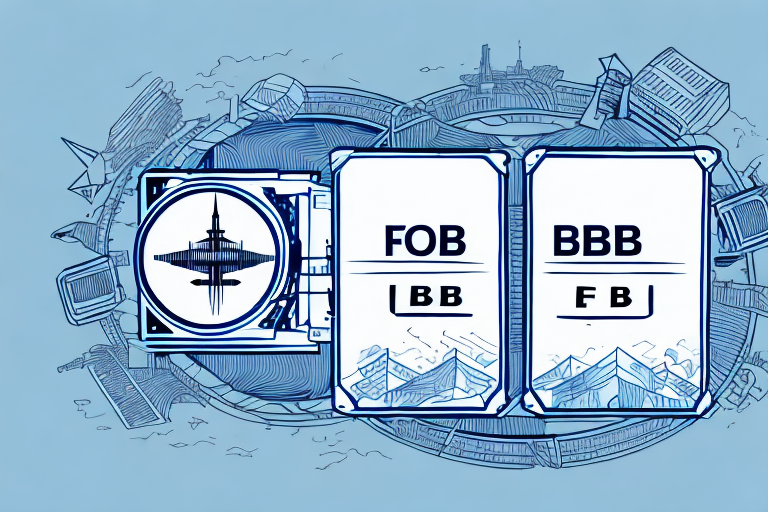What Is the Meaning of FOB Point?
For businesses engaged in international trade, understanding the term FOB Point is crucial. FOB stands for “Free on Board,” and the FOB point determines the exact location where the responsibility and ownership of goods shift from the seller to the buyer. This distinction plays a significant role in shipping, cost allocation, and risk management within trade agreements.
Understanding FOB Point: Fundamentals and Types
Definition and Significance
FOB Point signifies the location at which the seller's obligations end and the buyer's obligations commence during a shipping transaction. It essentially defines where the ownership of the goods transfers from the seller to the buyer, influencing who bears the risk of loss or damage during transit.
Types of FOB Terms
- FOB Origin: Ownership transfers when goods are loaded onto the carrier at the seller’s location.
- FOB Destination: Ownership transfers when goods are unloaded at the buyer’s location.
These terms dictate not only the transfer of ownership but also the allocation of shipping costs and insurance responsibilities.
Impact of FOB Point on International Trade
Cost Allocation
The FOB point determines which party is responsible for shipping costs, insurance, and other related expenses. For instance, under FOB Origin, the buyer typically bears these costs once the goods are shipped.
Risk Management
FOB points define when the risk of loss or damage shifts from the seller to the buyer. This clarity helps in mitigating disputes and ensuring that both parties are aware of their responsibilities.
Legal and Regulatory Compliance
Different FOB terms may have varying legal implications based on the jurisdictions involved. Compliance with international trade laws and regulations is essential to avoid legal complications.
Key Components of FOB Point
Transportation
The method and mode of transportation (sea, air, rail, or truck) are critical factors in determining the FOB point. Each mode has its own set of regulations and cost structures.
Insurance
Depending on the FOB term agreed upon, either the buyer or the seller is responsible for insuring the goods during transit. Clear contractual agreements help prevent disputes over insurance claims.
Customs and Duties
FOB points influence who is responsible for paying customs duties and handling the clearance of goods through customs.
Payment Terms
Defining payment terms in accordance with the FOB point ensures that financial responsibilities are clearly outlined, reducing the risk of payment-related disputes.
Calculating FOB Point for Your Business
Factors to Consider
- Geographical locations of buyer and seller
- Chosen method of transportation
- Insurance and risk management preferences
- Customs regulations and duties
Businesses must evaluate these factors to determine the most advantageous FOB point that aligns with their logistical and financial strategies.
Practical Example
For example, if a seller in China and a buyer in the United States agree on FOB Destination, the seller is responsible for all shipping costs and risks until the goods reach the buyer’s warehouse in the U.S.
Advantages and Disadvantages of FOB Point
Advantages
- Clarity in Responsibilities: Clearly defines who is responsible for shipping costs and risks at each stage.
- Risk Mitigation: Helps both parties manage and mitigate risks associated with international shipping.
- Cost Management: Enables better budgeting by delineating cost responsibilities.
Disadvantages
- Complexity: Requires a thorough understanding of international shipping terms and legal implications.
- Potential for Disputes: Misunderstandings regarding the FOB point can lead to disputes and delays.
- Additional Costs: Buyers may incur higher costs for shipping and insurance depending on the FOB term.
Best Practices for Negotiating FOB Point Terms
Research and Preparation
Understand the implications of different FOB terms and how they align with your business objectives. Research market standards and legal regulations in both the exporting and importing countries.
Clear Contractual Agreements
Ensure that all FOB terms are explicitly stated in the contract to avoid ambiguities. Specify the exact location, responsibilities, and financial obligations of each party.
Establish Strong Communication
Maintain open and transparent communication with your trading partners to ensure mutual understanding and cooperation throughout the shipping process.
Seek Professional Advice
Consult with logistics experts or legal advisors to navigate the complexities of international trade terms effectively.
Avoiding Common Pitfalls in FOB Point Transactions
Miscommunication
Ensure that both parties have a clear and identical understanding of the FOB terms to prevent misunderstandings that could lead to disputes.
Incomplete Contracts
Include all necessary details regarding the FOB point, including transportation methods, insurance responsibilities, and cost allocations, to create a comprehensive agreement.
Ignoring Legal Implications
Be aware of the legal ramifications of the chosen FOB terms in all relevant jurisdictions to avoid potential legal issues.
Legal Implications of FOB Point
Ownership Transfer
The FOB point marks the legal transfer of ownership, which has implications for liability and legal claims in case of loss or damage.
Compliance with International Laws
Ensure adherence to international trade laws and regulations to maintain legal compliance and prevent sanctions or penalties.
Dispute Resolution
Establish clear mechanisms for resolving disputes related to FOB terms within the contractual agreement to facilitate efficient conflict resolution.
Tips for Efficient Shipping and Delivery with FOB Point
Choose Reliable Carriers
Select trustworthy carriers with a proven track record to minimize risks associated with shipping.
Stay Informed on Regulations
Keep abreast of changes in international shipping regulations and customs requirements to ensure smooth transit.
Leverage Technology
Utilize shipping and logistics software to track shipments, manage documentation, and streamline communication with trading partners.
Plan for Contingencies
Develop contingency plans for potential disruptions in the shipping process to mitigate delays and additional costs.
Conclusion
Understanding the nuances of the FOB Point is essential for businesses involved in international trade. It defines critical aspects such as cost allocation, risk management, and legal responsibilities, all of which are pivotal for successful and efficient global transactions. By carefully selecting and clearly defining the FOB point in your trade agreements, you can enhance operational efficiency, reduce the likelihood of disputes, and ensure that your international shipping processes are both cost-effective and secure.




















